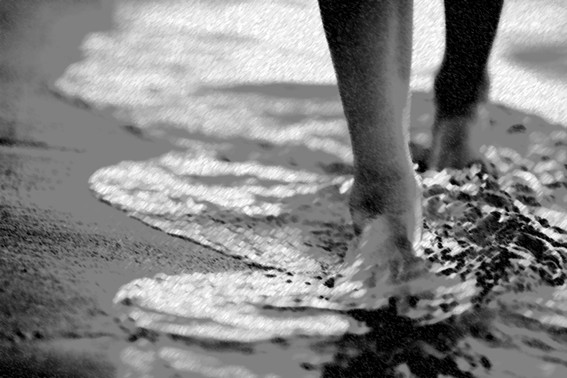
Just take a look at how most PhD s go through their Summer Time by PhDComics…And yes, most of PhDs will be in the same page!
You know summer is approaching in academia when your supervisor sends you that deceptively simple email:
“Have you considered attending a Summer School?”
Cue existential dread.
On Reddit’s r/AskAcademia, a middle-year PhD student put it plainly in their post:
“My supervisor recommends me to attend summer school. What can I do?”
It reads like the opening line of a scholarly sitcom: “Episode 4 – The Supervisor Strikes Back.”
But what starts as confusion and mild panic soon unfolds into a thread full of reassurance and exciting possibilities. Yes, summer schools might sound like summer camps for grown-ups with Impostor Syndrome, but they are actually one of the best-kept secrets for thriving during your PhD years.
Let’s explore why this is true—and how you can make the most of it.
A summer school is never just a training. It is a liminal space, a folding of geographies, identities, and disciplines—a curated interruption in the linear progression of the PhD timeline. But how does one navigate this assemblage of intensities without getting lost in the performativity of productivity?
Here are five coordinates—not fixed rules, but provocations—for orienting yourself.
To ask “Where do I need to grow?” is already to assume a certain teleology of development. But growth in academia is less a ladder and more a rhizome: non-linear, tangled, full of unexpected entanglements.
The academic stars leading a summer school may represent an opportunity—but also a question: which canons are being reinforced? Which imaginaries are being centered?
Choose a summer school not only because its facilitators are cited in your Zotero library, but because they are critically engaged—offering dialogue rather than doctrine. The point is not to bask in borrowed prestige, but to encounter scholars as thinking humans—ambivalent, evolving, sometimes wrong.
To ask them direct questions is not merely informational; it’s performative. It’s a way of locating yourself within a disciplinary discourse, of disrupting the hierarchical flows of knowledge, even if only momentarily.
Summer schools often include peer review sessions, flash presentations, or poster exhibitions. But this is not about delivering your “best self” in 15 minutes. It’s about exposure—of the vulnerable kind.
If you’ve reached a point in your research where your questions have grown more complex than your answers, that’s precisely the right time to speak them aloud. The performative act of sharing research is not to seek applause but friction. What you need are the quiet nods of recognition, the sharp questions, the unforeseen interpretations that open cracks in your certainty.
(Pro tip: leave the 120-slide PowerPoint at home. The room will thank you.)
Mobility, ironically, has become a luxury within academia’s rhetoric of internationalisation. While your university may encourage global engagement, research funds are finite, and the labour of travel—emotional, cognitive, ecological—is real.
If you’re navigating precarity, look for EU-based or locally hosted summer schools. These can offer the richness of international exchange without the logistical exhaustion of transcontinental dislocation. And let’s be honest: some of the most intellectually fertile grounds are found under olive trees in Southern Italy, not just in high-rise lecture halls in London.
Read between the lines of the programme. A good summer school will include pauses—coffee rituals, riverside walks, moments of unscripted laughter. These are not peripheral. They are affective infrastructures of learning.
In the fleeting intimacy of shared meals and midnight debates, disciplinary boundaries blur. Someone shares a failure, someone else an unpublishable insight. You return not just with tools, but with stories—networks not of LinkedIn contacts, but of shared intellectual risk.
To choose a summer school is to place a wager: that, in stepping out of the everyday, something transformative might occur. Not because transformation is guaranteed—but because you allowed for the encounter.
So pack your books. And a swimsuit. And maybe, just maybe, an openness to not knowing what exactly you’ll learn—but knowing you will have been changed by the learning.
Go on and read the “PhD Survival Compass” I prepared for you 🙂
Juliana E. Raffaghelli (That kind of Supervisor asking for Summer Schools…)